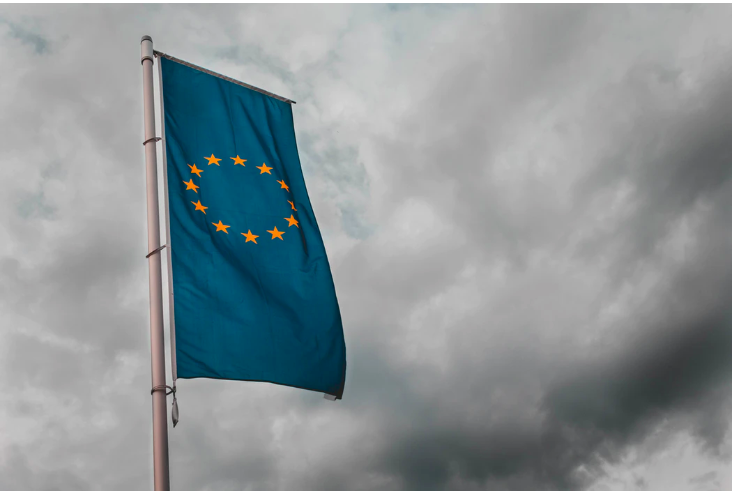The EU just released weakened guidelines for regulating artificial intelligence

The news: The European Union’s newly released white paper containing guidelines for regulating AI acknowledges the potential for artificial intelligence to “lead to breaches of fundamental rights,” such as bias, suppression of dissent, and lack of privacy. It suggests legal requirements such as:
—Making sure AI is trained on representative data
—Requiring companies to keep detailed documentation of how the AI was developed
—Telling citizens when they are interacting with an AI
—Requiring human oversight for AI systems
The criticism: The new criteria are much weaker than the ones suggested in a version of the white paper leaked in January. That draft suggested a moratorium on facial recognition in public spaces for five years, while this one calls only for a “broad European debate” on facial recognition policy. Michael Veale, a digital policy lecturer at University College London, notes that the commission often takes more extreme positions in early drafts as a political tactic, so it’s not surprising that the official paper does not suggest a moratorium. However, he says it’s still disappointing because it comes on the heels of a similarly lackluster report from the High-Level Expert Group on Artificial Intelligence, which was considered “heavily captured by industry.”
Meanwhile, the paper’s guidelines for AI apply only to what it deems “high-risk” technologies, says Frederike Kaltheuner, a tech policy fellow at Mozilla. “High-risk” can include certain industries, like health care, or certain types, like biometric surveillance. But the suggestions wouldn’t apply to advertising technology or consumer privacy, which Kaltheuner says can have big effects and which aren’t being addressed under GDPR.
The white paper is only a set of guidelines. The European Commission will start drafting legislation based on these proposals and comments at the end of 2020.
What else: The EU today also released a paper on “European data strategy” that suggests it wants to create a “single European data space”—meaning a European data giant that will challenge the big tech companies of Silicon Valley.
Deep Dive
Policy
Is there anything more fascinating than a hidden world?
Some hidden worlds--whether in space, deep in the ocean, or in the form of waves or microbes--remain stubbornly unseen. Here's how technology is being used to reveal them.
A brief, weird history of brainwashing
L. Ron Hubbard, Operation Midnight Climax, and stochastic terrorism—the race for mind control changed America forever.
What Luddites can teach us about resisting an automated future
Opposing technology isn’t antithetical to progress.
Africa’s push to regulate AI starts now
AI is expanding across the continent and new policies are taking shape. But poor digital infrastructure and regulatory bottlenecks could slow adoption.
Stay connected
Get the latest updates from
MIT Technology Review
Discover special offers, top stories, upcoming events, and more.